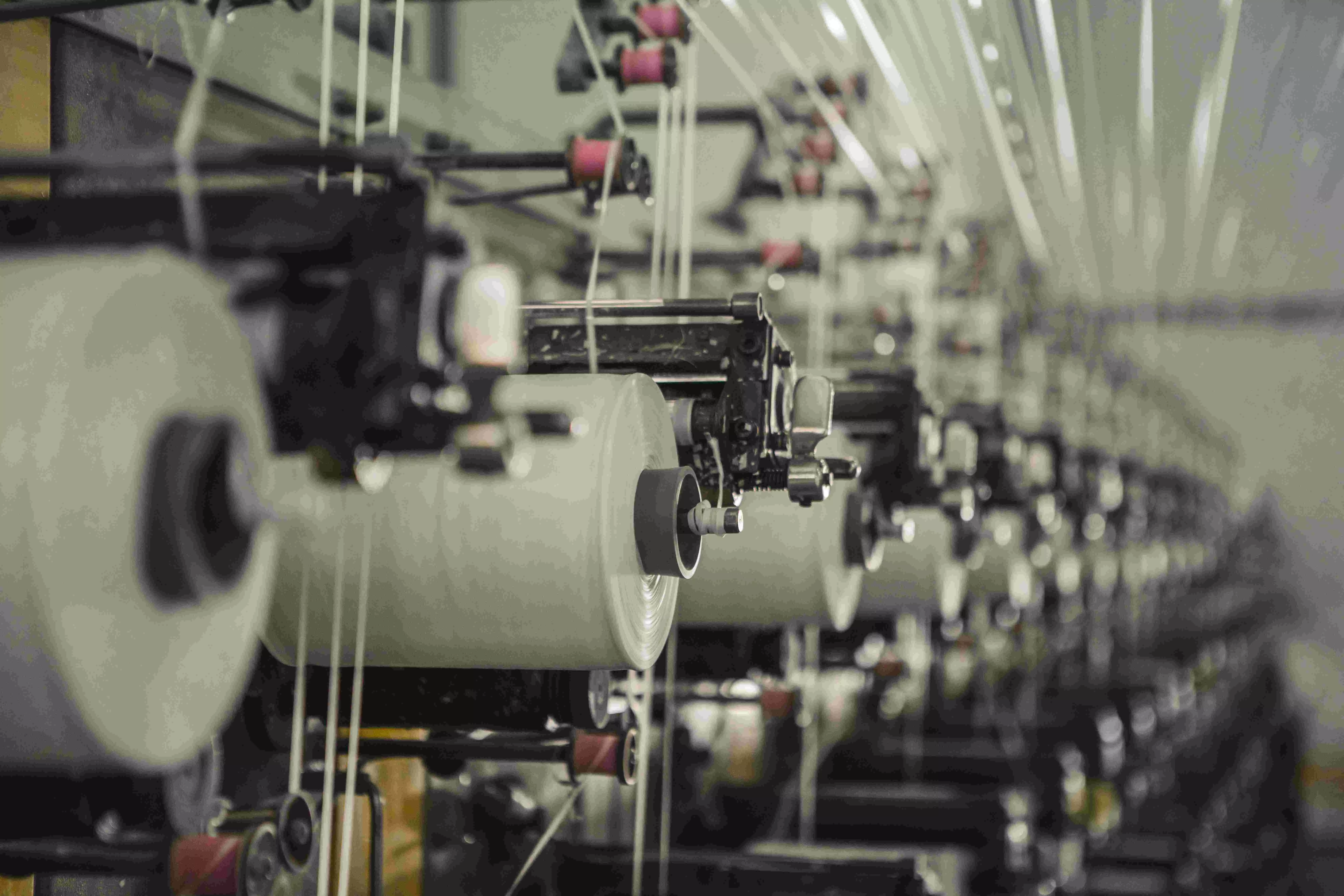Threads of innovation
Driven by a robust startup culture and government support, India’s textile industry is undergoing remarkable transformation through innovation

The Indian textile industry, one of the oldest and most significant sectors in the country, has long been a cornerstone of the economy, providing employment to millions and contributing substantially to India’s GDP and exports. In recent years, the landscape of this industry has been rapidly evolving, driven by a surge in innovation and entrepreneurship. This transformation is being catalysed by a favorable policy environment and initiatives such as Startup India, aimed to nurture innovation and startups across various sectors, including textiles.
India’s startup ecosystem has emerged as one of the largest, globally, boasting over 1,40,000 registered startups. India's ascent in the Global Innovation Index (GII), from rank 81 in 2015 to 40 in 2023, highlights a paradigm shift, wherein the youth is aspiring to be job creators. The synergy between traditional strengths and modern entrepreneurial zeal is positioning the Indian textile industry not just as a manufacturing hub, but as a global leader in textile innovation.
As the industry relies heavily on fine details such as equipment monitoring, stock management for dyes and raw materials, supply chain visibility, workforce management, coordination and analysis, it is most suitable for digital transformation. The textile sector has seen a wave of new entrants leveraging such digital technologies to disrupt traditional practices. As the textile industry is spread out, with forward & backward linkages across the globe, many key factors such as access to information, trends, and export obligations have made innovation imperative. Startups & innovators have been able to grasp this opportunity and the promising policy environment in the country has helped them survive and thrive.
The United Nations Industrial Development Organisation (UNIDO) released the ‘Innovative Technologies for the Textile and Apparel Sector in India’ (ITASSI) report, which also underscores that India's textile industry is at a crucial juncture where innovation is not just a luxury but a necessity to stay competitive globally.
In recent years, India has seen a surge in textile innovations, driven by startups and established companies alike. Cutting-edge advancements, such as waterless dyeing technologies that significantly cut water consumption and microbial dyes that reduce environmental impact, are setting new standards for sustainability. Technologies like enzyme-based wet processing and supercritical CO2 dyeing plants further showcase India's commitment to pushing the boundaries of eco-friendly practices. On the other hand, many women entrepreneurs are also undertaking product innovation by means of upcycling.
Furthermore, through the National Technical Textiles Mission (NTTM), the Ministry of Textiles is supporting Innovations such as those manufacturing smart textiles using nanomaterials, algae-based leather, and green yarns. Kasturi Cotton is another such initiative which is being executed in a Public-Private Partnership mode, which is focusing on traceability through block chain technology, thus showcasing India’s readiness for embracing advanced technology. These examples only hint at the breadth and depth of innovation occurring within the Indian textile industry. They demonstrate how entrepreneurs are not only addressing local challenges but also creating solutions with global relevance, “(t)he Indian textiles sector is not unfamiliar with the ongoing digital push and there is a growing acceptance of digital innovations and technologies becoming a part and parcel of the Indian textiles sector.” (ITASSI Report, 2021).
Bharat Tex 2024 introduced multiple avenues to promote Startups & Innovations. The Textiles Startup Grand Challenge, invited registered startups to submit their solutions to tackle three particular problem statements which focused on the use of alternate materials, textile waste & packaging and traceability. Over 80 such startups have submitted their innovations and it was promising to see that many of these were from Tier 2 & Tier 3 cities. Moreover, to further take the startup culture to the far flung areas of the country, January 16 has been declared as National Start-up Day. Additionally, a first-of-its-kind Sustainability Pavilion, set up by the Ministry of Textiles, acted as a ready reckoner for industry to the innovations in the sector and also provided a platform for innovators to showcase on a global stage. Bharat Tex 2025, set to be held between February 14 and 17, promises to not only uphold this legacy but also carry it forward onto an even larger stage.
With a vibrant culture of innovation, supported by a dynamic startup ecosystem and leading-edge research, India is well-positioned to scale these pioneering solutions. As the industry continues to evolve, it will be crucial to maintain a focus on sustainability, skill development, and global collaboration. By doing so, India can not only retain its position as a global leader in textiles but also set new benchmarks for innovation and entrepreneurship. The future of the Indian textile industry is not just about producing more; it’s about producing better, smarter, and more sustainably, paving the way for long-term growth and success on the world stage.
The writer is Joint Secretary, Ministry of Textiles. Views expressed are personal



